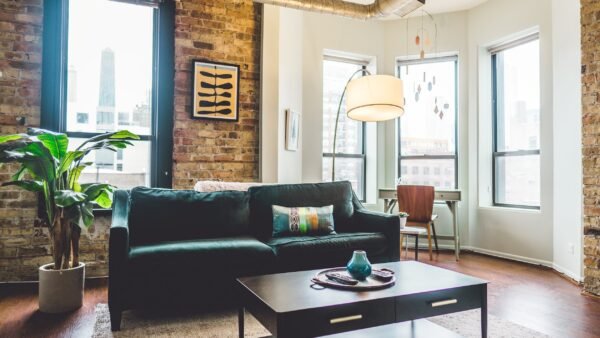
Could Albania Be the Next Property Hotspot for Investors?
Could Albania be the next property hotspot for investors?
All investors should be on the lookout for assets that have a good scope for growth. The ideal investment, clearly, is one that is inexpensive to purchase and very quickly rises in value to deliver strong returns. Obtaining this ‘holy grail’ investment means, in practice, getting into a market that is in its infancy, before its potential has been realised.
When it comes to property, that means looking beyond the obvious to unearth an up-and- coming location. So where ticks those boxes at the moment? Albania may well be the unlikely and lucrative location that ticks all of the boxes for investors.
Coming in from the cold
Albania spent the post-war period under communist rule. As the Cold War came to an end it experienced a turbulent period in the 1990s but has now emerged from that and is on the up, having become an official candidate for accession to the European Union in 2014. The efforts are being fuelled by US$2.4 billion in credits, grants and loans from the World Bank.
Still, while Albania might have been ‘in the cold’ politically in the latter half of the 20th century that has never been the case in terms of its climate. With up to 200 days of sun a year and beautiful Balkan beaches it’s easy to see why tourist numbers have jumped more than ten times in the past 10 to 15 years.
Prices on an upward curve
The climate and culture – coupled with political reform – have already set property prices off on an upward trend. Growth has been 20 percent a year, but this could still rise further as the nation attempts to become an EU member state.
Prices are still only half of those in Croatia, for example, at a relatively cheap €1,000 (£713) per square metre.
The website Albanian Property highlights a five star coastal development in Lalzit Bay, where a 32 square metre studio apartment in the resort costs just over €35,000 and a 40 metre square villa apartment next to the beach with one bedroom, a large private garden, and potential for a pool costs around €63,000.
The site points out that: “The developer estimates that a two bed apartment costing €70,000 will generate a rental income of €500 per week over the peak summer months at 75% occupancy – giving an annual gross rental income of €6,000. This is an overall rental yield of 8.57%.”
Promise to overseas investors
There’s no doubting that a little local knowledge wouldn’t go amiss. That’s the case for any overseas property investment to ensure that linguistic and cultural barriers don’t trip you up but is possibly even more pertinent in Albania where land ownership has been debated.
Having said that, however, the prime minister himself set a welcoming tone for overseas investors back in 2012. Sali Berisha, then in the post, boldly promised: “When British people come to Albania to buy a property, their money is safe. When they buy land based on official state documents, no other claim on that land will be accepted. I give full assurances on that.”
His words were followed up by reforms to the land registry and building rules which have tightened up the property market and made it a safer bet for investors. With EU entry a long term goal, this opening up of the property market is only likely to continue.
Quality is key
Investors have to keep a close eye on quality. You need to aim high and push for the best property possible to make the most of this short window of opportunity. Pour through the pages of the FT’s Property Listings, for example, and see what you can expect from high end homes across Europe.
Start by looking at the capital Tirana – which is a short drive to the sea but has benefitted from attractive, quality building projects – before moving onto the coastal resorts such as Lalzit Bay.

















































